 Emergency care | Inequalities | Primary, community and social care services
Emergency care | Inequalities | Primary, community and social care services
Learning about what works in urgent community response
The initial report from the national urgent community response (UCR) evaluation, along with an economic modelling tool to help service providers and systems understand the impact of UCR, is now available.
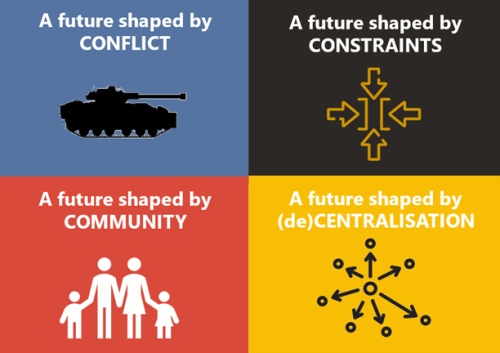 Primary, community and social care services
Primary, community and social care services
Exploring the Edge of Tomorrow, Today
Exploring the critical building blocks for a resilient social care system in 2035 with the West Midlands Association of Directors of Adult Social Services (WM-ADASS).
 Secondary care | Service improvement
Secondary care | Service improvement
The NHS as an anchor institution: addressing fuel poverty
The number of households in fuel poverty in Staffordshire and Stoke-on-Trent (SSoT) is higher than the national average. As anchor institutions, NHS organisations can use their assets to influence the health and wellbeing of their local communities. The Strategy Unit was asked by the Midlands NHS…
 Inequalities | Policy | Primary, community and social care services
Inequalities | Policy | Primary, community and social care services
Evaluation of Building the Right Support: Final Reports
Building the Right Support was a national plan to provide better support to people with a learning disability or autism.
 Mental health | Primary, community and social care services
Mental health | Primary, community and social care services
Inequities in children and young people’s mental health services
Good mental health during early years and childhood has a great bearing on health throughout life. By contrast, poor mental health can cast a long shadow. Consequences may include depression, self-harm, and poor physical health. Services recognise this. They aim to provide access to support in a…
 Better use of analysis | Elective care | Emergency care | Inequalities | Primary, community and social care services | Public health and prevention
Better use of analysis | Elective care | Emergency care | Inequalities | Primary, community and social care services | Public health and prevention
Less noise and more light: using criteria-driven analysis to tackle inequalities
Reducing health inequality is a long-standing aim of health policy. Yet the gap between policy aim and population outcome has grown in recent years: on most measures health inequalities have got worse.
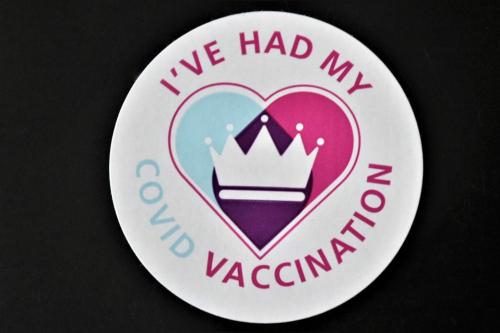 Policy | Primary, community and social care services | Public health and prevention
Policy | Primary, community and social care services | Public health and prevention
Increasing vaccine uptake
The purpose of this work was to identify the key features of local initiatives which encourage vaccine uptake in different population groups, and share these for others to learn from.
 Elective care | Inequalities | Policy | Primary, community and social care services
Elective care | Inequalities | Policy | Primary, community and social care services
Socio-economic inequalities in access to planned hospital care: causes and consequences
Tacking inequalities in health is a long-standing NHS policy objective. Variation in the experiences and outcomes of different communities during the COVID-19 pandemic served to bring this issue back into focus.
 Inequalities | Policy | Primary, community and social care services | Public health and prevention
Inequalities | Policy | Primary, community and social care services | Public health and prevention
Reviewing the evidence on digital inclusion
Digital technology is a significant part of our daily lives. It has changed the way we interact with each other, the services we use, and the ways we work. The NHS is no exception. Digital technology has begun to change the way health…
 Elective care | Policy | Primary, community and social care services | Public health and prevention
Elective care | Policy | Primary, community and social care services | Public health and prevention
Evidence review: Early diagnosis of cancer
Detecting cancers early is essential to saving lives and reducing the need for invasive treatments. So, in 2019, the NHS Long Term Plan set a national target for increasing the proportion of cancers diagnosed at an early stage. There is room for improvement in current performance. In 2018, 55% of…
 Inequalities | Mental health | Policy | Primary, community and social care services | Public health and prevention
Inequalities | Mental health | Policy | Primary, community and social care services | Public health and prevention
Learning from lockdown: support for people experiencing homelessness
There are few clearer measures of societal health than homelessness. On this count, and despite its enormous material wealth, England is in poor shape. Relative to the recent past, and any country we might want to compare ourselves to, we have a problem with homelessness. The causes of homelessness…
Modelling the impact of covid on waiting lists for planned care
Working with the national collaboration to coordinate covid-related analysis, and the NHSE/I Midlands region, the Strategy Unit has produced a ‘systems dynamics’ model of waiting lists for planned care. The model is freely available for non-commercial use across the NHS. Here, Steven Wyatt and Mike…
Primary and Community Qualitative Insights
The COVID-19 response required rapid change and innovation across health and care. As part of a wider package of evaluation support, from April to June, the Strategy Unit led some qualitative work (training and supporting CCG staff to conduct interviews) across an STP to capture learning from…
How can Integrated Care Systems collect and use more ‘person-centred intelligence’?
Working with our partners Ipsos MORI, we have produced detailed guidance and an offer of services to address this question. This webpage contains information about the work, and all the products from it. Please get in touch if you would like to improve your use of person-…
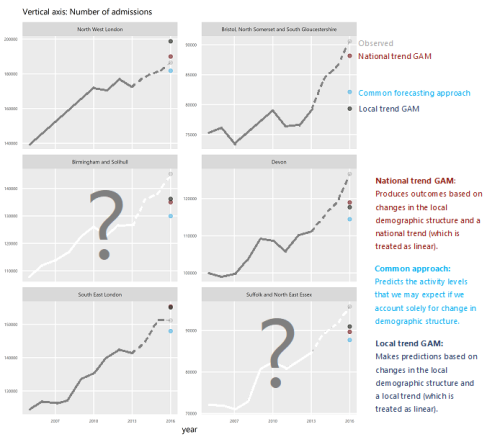 Elective care | Emergency care | Finance and payments | Policy | Primary, community and social care services
Elective care | Emergency care | Finance and payments | Policy | Primary, community and social care services
How will we know if Integrated Care Systems reduce demand for urgent care?
The implications of a blended payment system are far reaching: Decisions about planned activity levels will determine the total funding envelope for urgent care within a system and will influence the behaviour of healthcare providers and the services they deliver to patients.
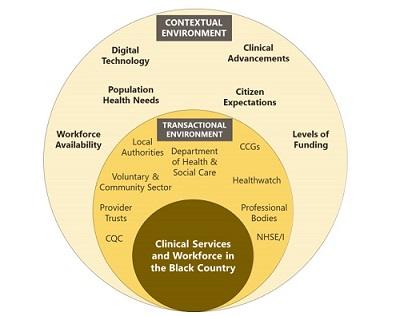 Better use of analysis | Primary, community and social care services
Better use of analysis | Primary, community and social care services
Clinical Workforce Scenarios for the Black Country
The future is highly uncertain. Unless we consider the diverse factors that could affect health, our plans will lack creativity and sustainability. The challenges facing NHS systems are headline news: NHS structures are frequently the subject of organisational change; new policy directives; funding…
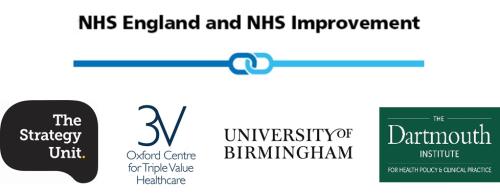 Service improvement
Service improvement
PHM Core Team - 2nd July 2019
PHM Academy - Core Team Event 2nd July 2019 We held our first Core Team event on the 2nd July 2019 which was a huge success. All STPs arrived in high numbers and were given the opportunity to hold talks with some of the leading experts, which included:
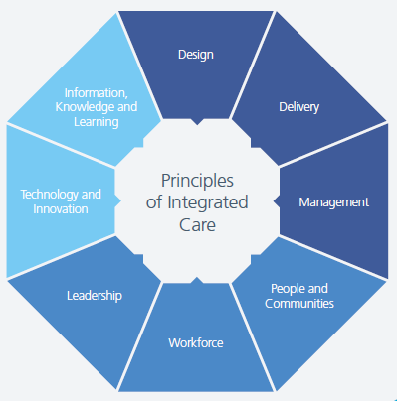 Inequalities | Policy | Primary, community and social care services
Inequalities | Policy | Primary, community and social care services
New care models - what's the evidence
High level findings from a series of evidence reviews on new care models.
Lessons from the Vanguard: Innovation and Evaluation
The problems facing health and care services are so well known as to be documented in the media most days. These problems arise from a mismatch between need and provision: a mismatch where there is no reason to assume fundamental change. So innovation – in both product and process – is needed. Yet…
Lessons from the Vanguard: Procurement
Dudley was unique within the New Care Models programme for using a large-scale procurement exercise. This exercise therefore offers lessons for both policy and practice. These lessons are set out in a short ‘lessons from the vanguard’ paper, joint-authored by the Strategy Unit and Dudley Clinical…